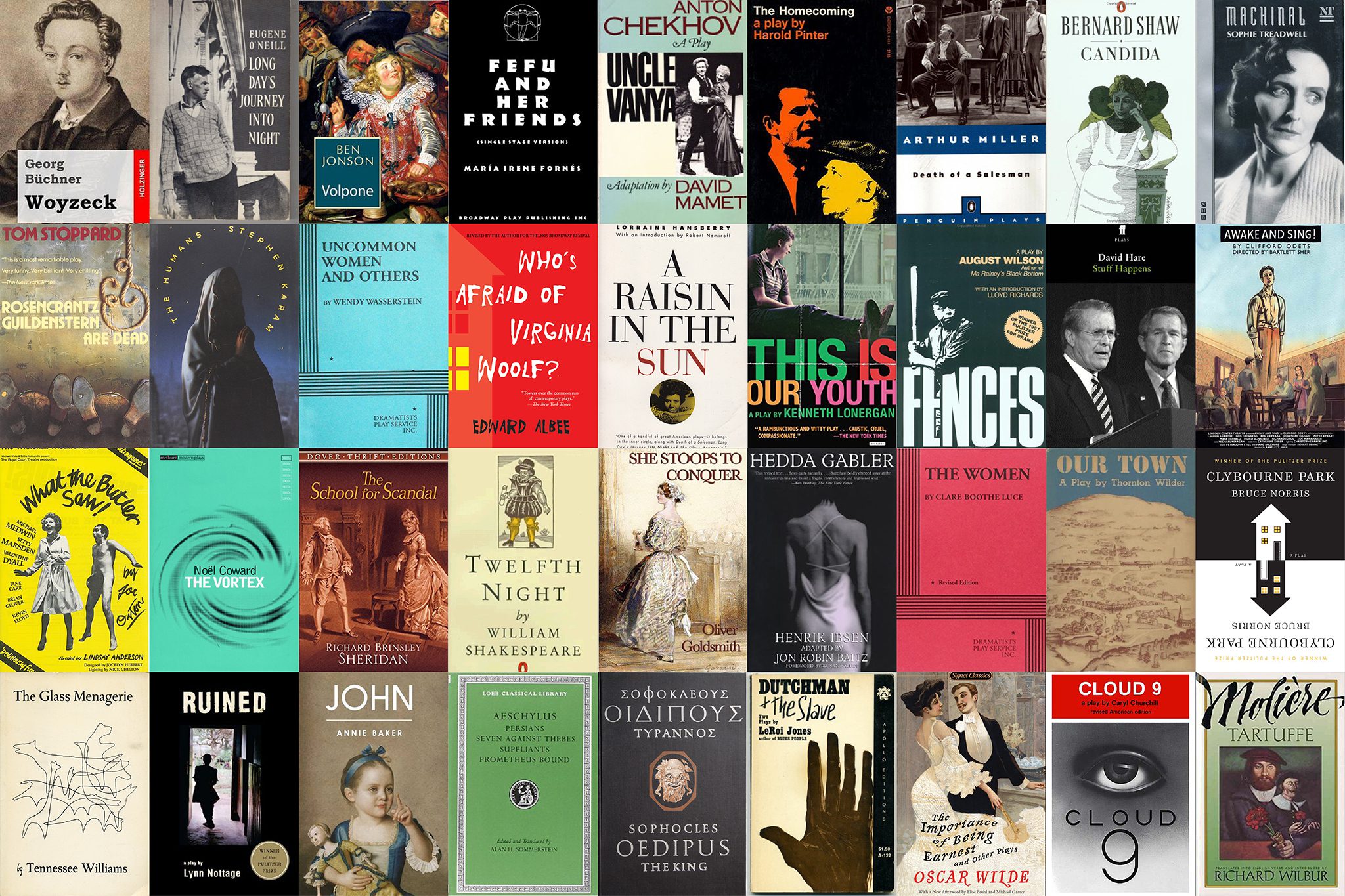This article highlights ten plays that have shaped the course of theater history, from ancient Greek tragedies to modern musicals. Each play on the list explores significant themes and pushes the boundaries of what theater can be, inspiring generations of artists and audiences alike. These plays include Oedipus Rex, Hamlet, A Doll’s House, Waiting for Godot, A Raisin in the Sun, Death of a Salesman, The Glass Menagerie, Angels in America, August: Osage County, and Hamilton. From exploring complex social issues to revolutionizing theatrical conventions, these plays demonstrate the enduring power of the theatrical arts to provide a window into the human experience and connect people.
10 Plays That Changed The Course of Theater
Theater has been a powerful medium for centuries, providing a platform for artists to express themselves and connect with audiences in a unique and meaningful way. Over time, many plays have emerged as icons of the theatrical world, inspiring generations of artists and influencing the course of theater history. In this article, we’ll take a look at ten plays that have had a significant impact on the world of theater.
1. Oedipus Rex
Sophocles wrote Oedipus Rex in the 5th century BC, and it remains one of the most influential plays in history. This Greek tragedy is the story of Oedipus, a man who unwittingly kills his father and marries his mother, fulfilling a prophecy he attempted to avoid. The play explores themes of fate, free will, and the consequences of our actions, making it an enduring classic that continues to be performed today.
2. Hamlet
William Shakespeare’s Hamlet is another iconic play that has shaped theater history. This tragedy follows Hamlet, a young prince who seeks revenge against his uncle for murdering his father and usurping the throne. Hamlet is widely regarded as one of Shakespeare’s greatest works, with its complex characters, themes of morality and revenge, and famous soliloquies inspiring countless adaptations and interpretations.
3. A Doll’s House
Norwegian playwright Henrik Ibsen’s A Doll’s House is a ground-breaking play that explores issues of gender roles and societal expectations. The play centers around Nora Helmer, a woman living in a patriarchal society who must navigate the consequences of her actions as she attempts to assert her independence. A Doll’s House was controversial when it was first performed in 1879 but has since been recognized as an important work of modern drama.
4. Waiting for Godot
Irish playwright Samuel Beckett’s Waiting for Godot is a play that challenges theatrical conventions and explores existential themes. The play follows two tramps, Vladimir and Estragon, as they wait for the titular character Godot, who never arrives. Waiting for Godot is known for its use of repetition, absurdist humor, and bleak philosophical insights, and has been called one of the most significant plays of the 20th century.
5. A Raisin in the Sun
Lorraine Hansberry’s A Raisin in the Sun is a groundbreaking play that explores issues of race, class, and family in America. The play centers around the Younger family, a working-class African American family living in Chicago in the 1950s. A Raisin in the Sun was the first play written by a Black woman to be produced on Broadway, and it remains a powerful and thought-provoking work today.
6. Death of a Salesman
Arthur Miller’s Death of a Salesman is a powerful and tragic play that explores the American Dream and its discontents. The play follows Willy Loman, a struggling salesman who becomes increasingly disillusioned with his life and the destructive impact of capitalism. Death of a Salesman is widely regarded as one of the greatest plays in American theater history.
7. The Glass Menagerie
Tennessee Williams’ The Glass Menagerie is a memory play that explores themes of family, identity, and the power of illusion. The play follows the Wingfield family, a dysfunctional family living in St. Louis in the 1930s. The Glass Menagerie is known for its poetic language, complex characters, and innovative use of stage design, making it an enduring classic of American theater.
8. Angels in America
Tony Kushner’s Angels in America is an epic play that explores the AIDS epidemic and its impact on American society. The play follows a group of interconnected characters, including a gay couple, a Mormon mother, and a doctor, as they navigate life during the 1980s. Angels in America won the Pulitzer Prize for Drama, and its honest portrayal of the AIDS crisis and themes of hope and redemption have made it an important work of contemporary theater.
9. August: Osage County
Tracy Letts’ August: Osage County is a darkly comic play that explores issues of family dysfunction and addiction. The play follows the Weston family, a dysfunctional family living in rural Oklahoma, as they come together after the disappearance of the patriarch. August: Osage County won the Pulitzer Prize for Drama and a Tony Award for Best Play, cementing its place in the canon of modern theater.
10. Hamilton
Lin-Manuel Miranda’s Hamilton is a musical that has revolutionized the world of theater. The show tells the story of Alexander Hamilton, one of America’s founding fathers, using a blend of hip-hop, R&B, and traditional musical styles. Hamilton has won numerous Tony Awards, a Pulitzer Prize, and has become a cultural phenomenon, inspiring a renewed interest in American history and capturing the hearts of audiences around the world.
In conclusion, these ten plays have had a significant impact on the course of theater history, inspiring generations of artists and audiences alike. From ancient Greek tragedies to modern musicals, each play on this list has something unique to offer, exploring important themes and pushing the boundaries of what theater can be. These plays demonstrate the enduring power of the theatrical arts, providing a window into the human experience and a space for reflection, empathy, and connection.
